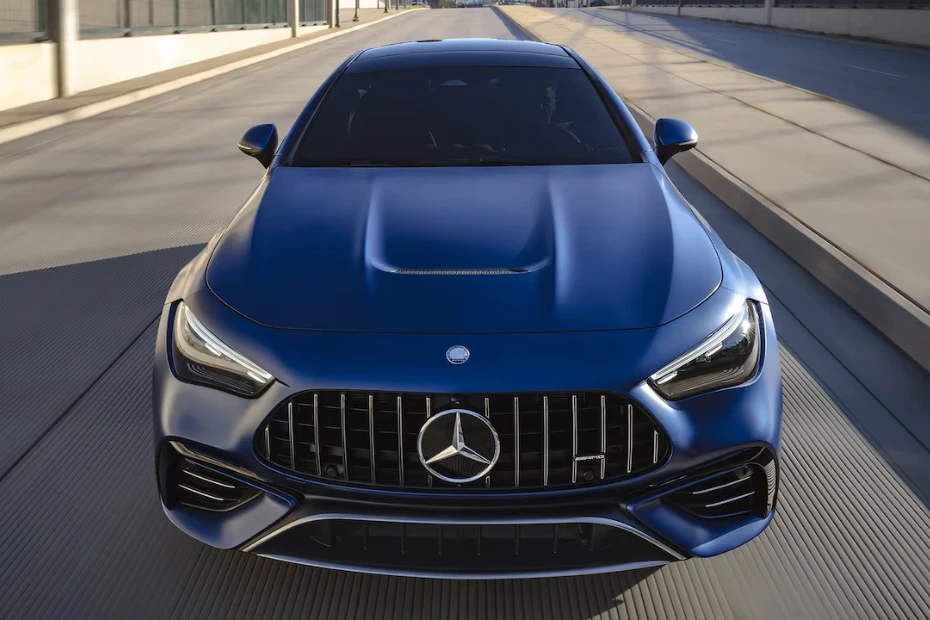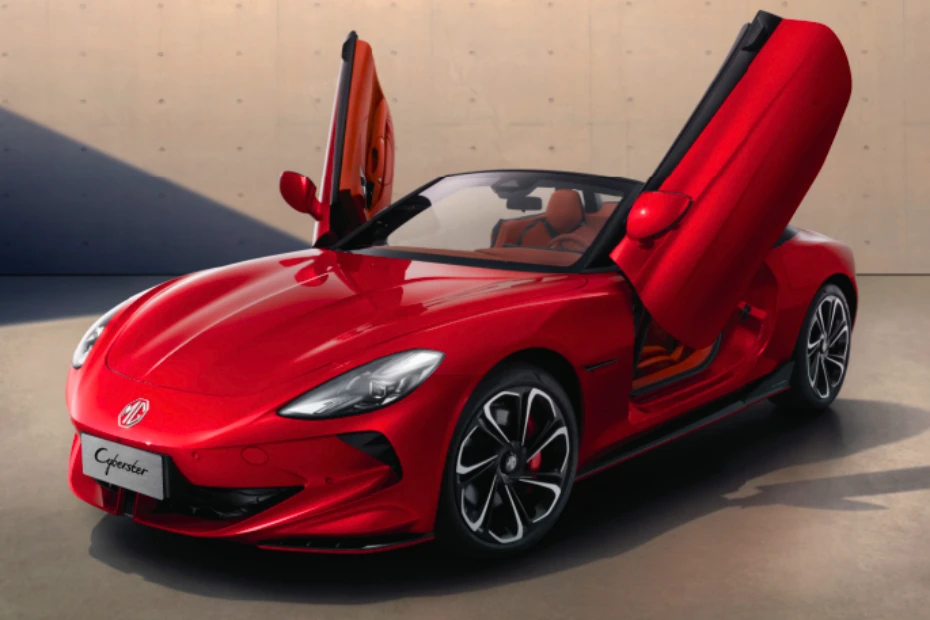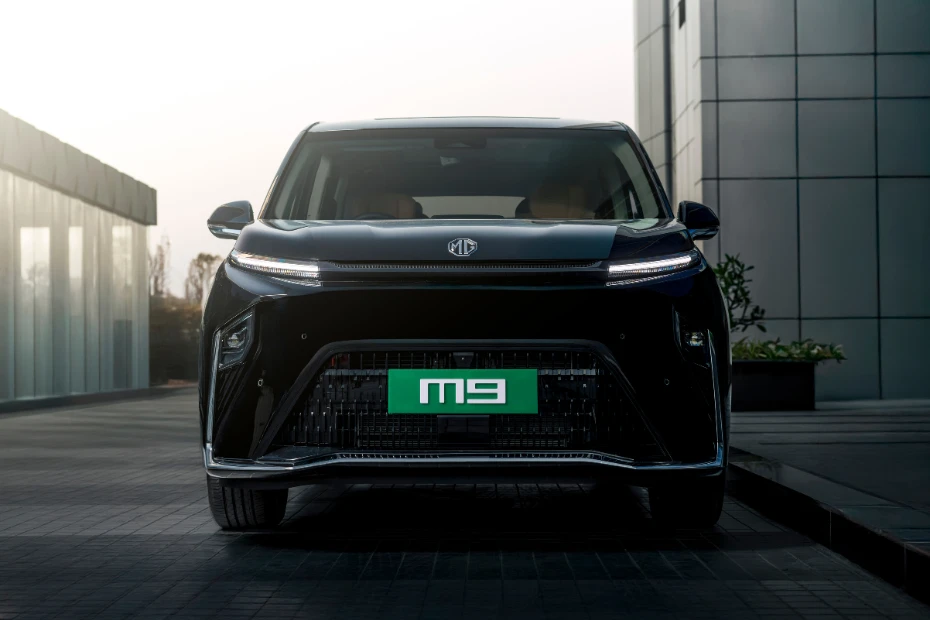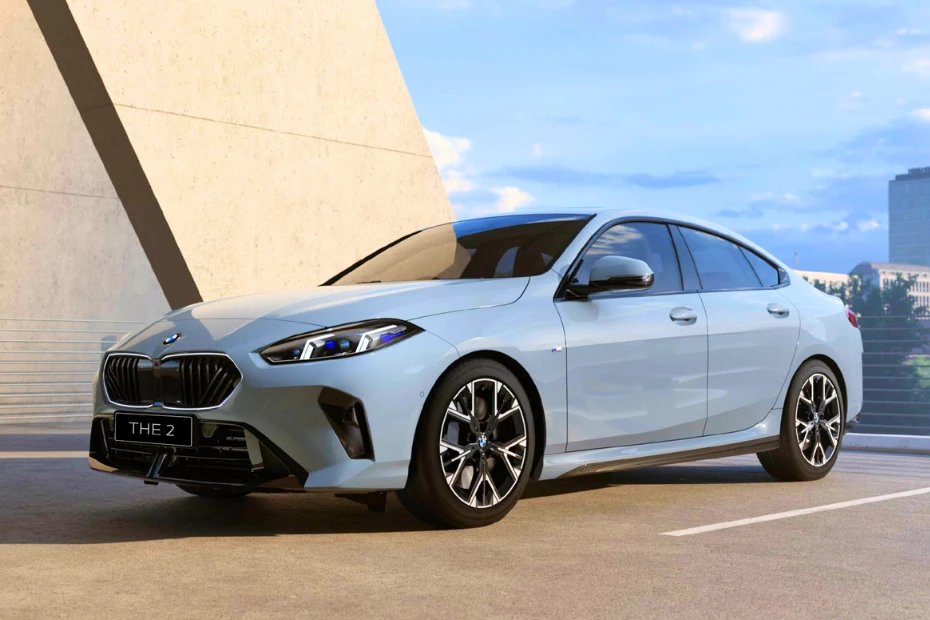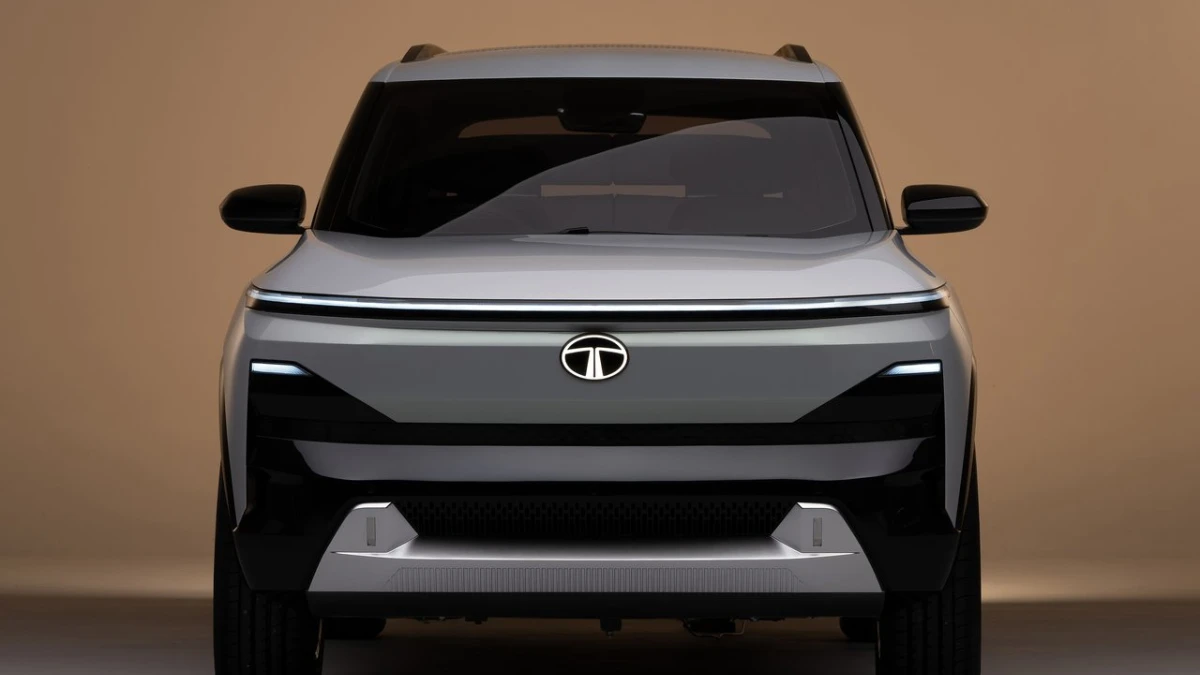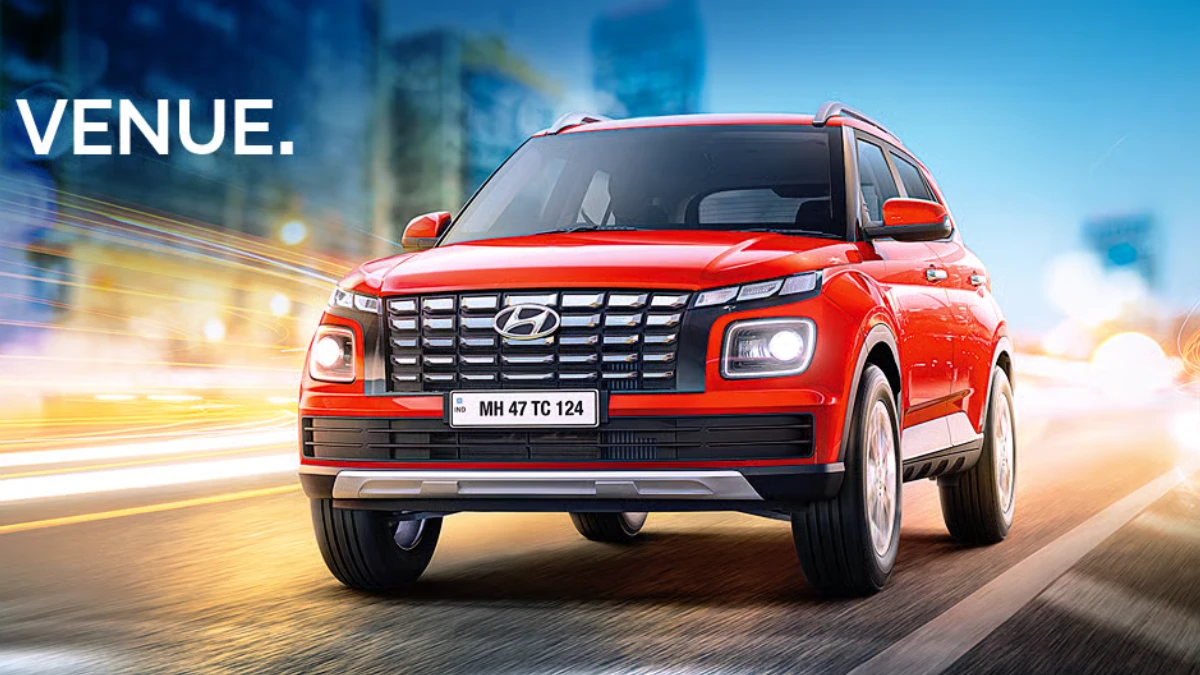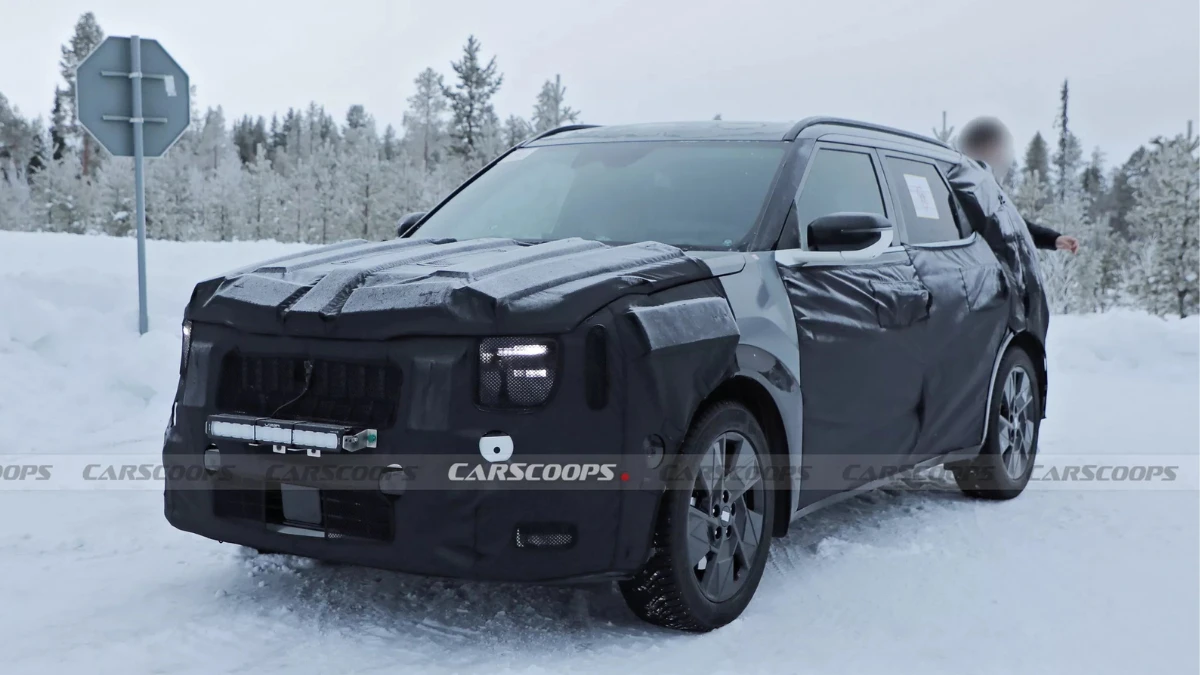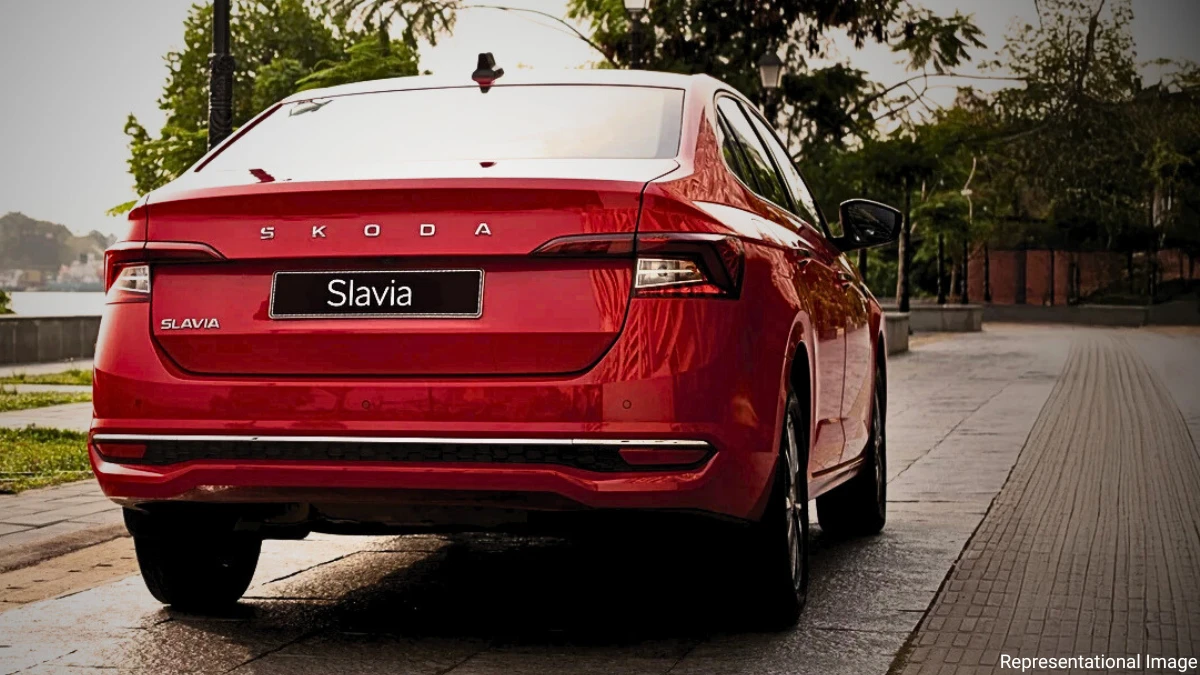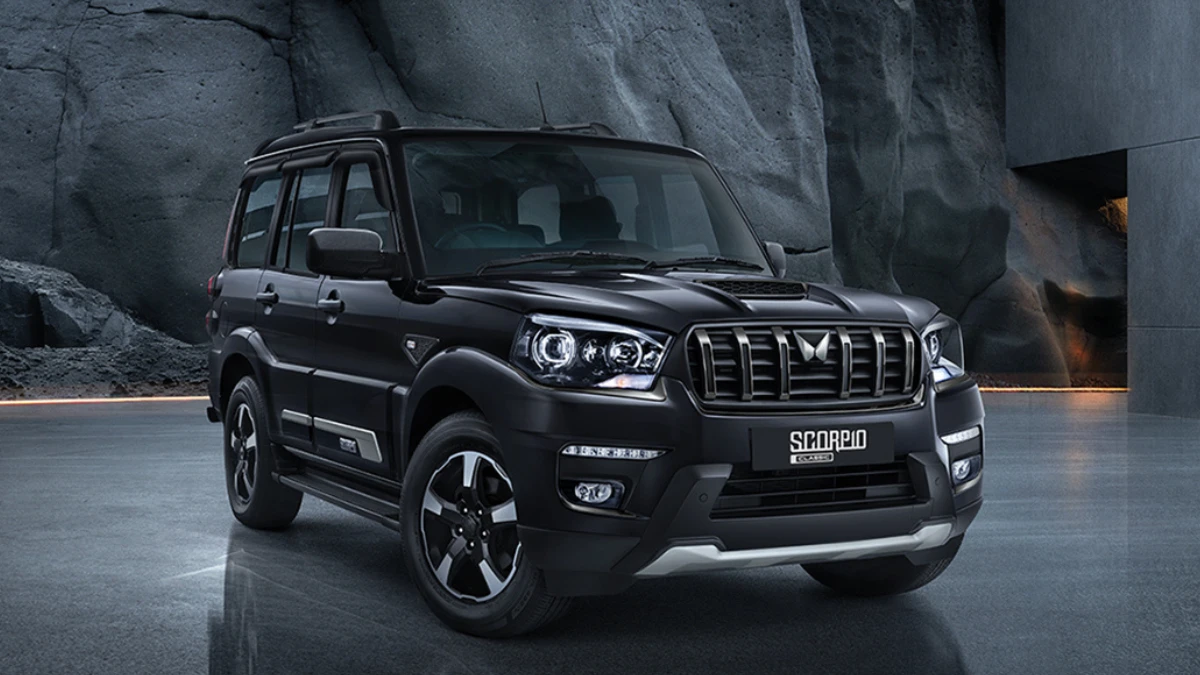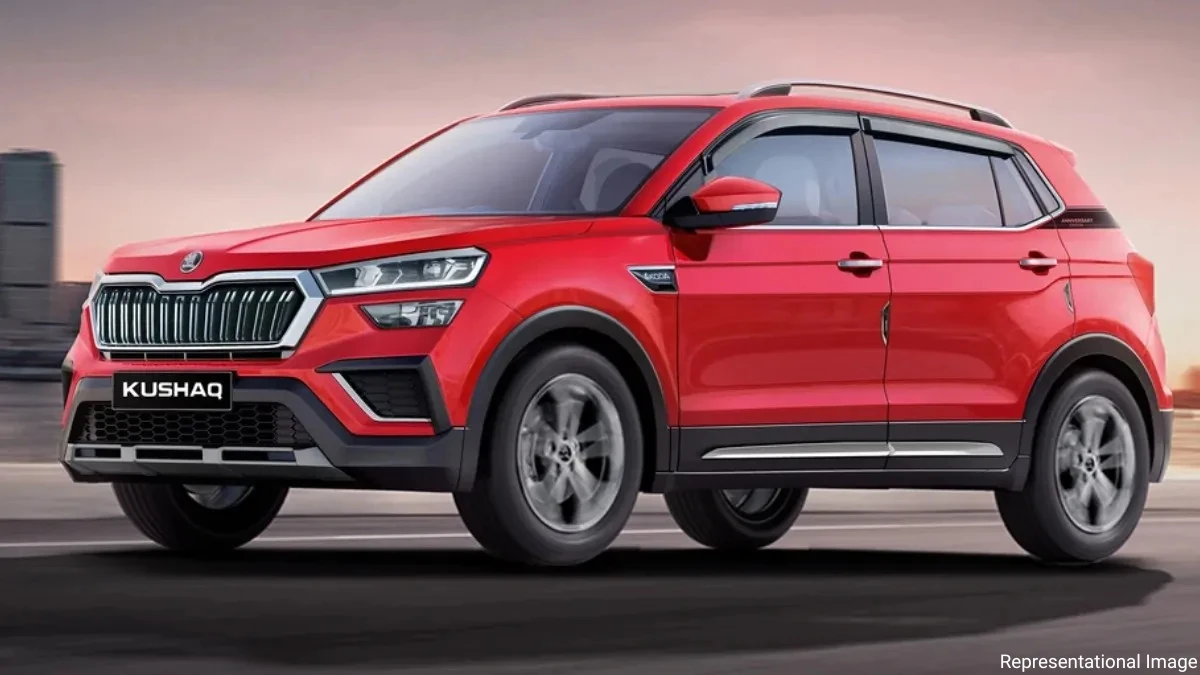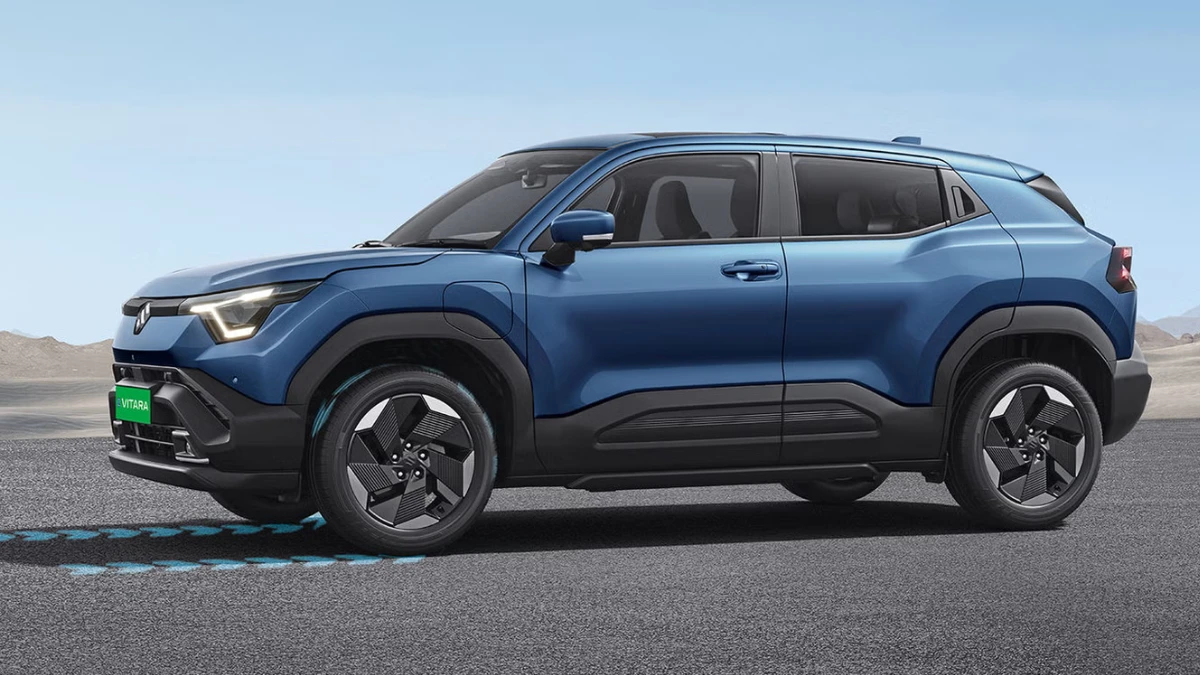Electric Vehicles to Get Costlier in Delhi as 10% Registration Waiver Removed

Delhi, one of India’s largest electric vehicle (EV) markets, has recently stopped offering a 10% discount on the registration fee for EVs. This move could make buying electric cars more expensive for customers in the city, which might slow down the growth of EV sales.
The capital plays a big role in India’s EV market, contributing about 10% of the country’s total electric vehicle sales. However, with this price hike, people considering buying EVs may think twice, especially since the overall sales of electric cars have been slow recently. In the first four months of the current financial year (FY25), only 29,500 electric cars were sold and sales have been flat. Even electric two-wheelers, which were growing fast, are seeing slower demand now.
One reason for this is that many customers still worry about issues like the resale value of electric cars, the life of the battery and how far they can drive on a single charge. These concerns are pushing some buyers back to petrol, diesel or CNG vehicles. Plus, the number of public charging stations in India is still quite low. There are only around 12,000 charging stations for EVs, compared to 87,000 petrol and diesel stations across the country.
Registration Charges on Popular EVs
|
Car |
Ex-showroom Price |
RTO |
MCD |
Total |
|
in Rs |
||||
|
14,29,000 |
8,000 |
4,000 |
12,000 |
|
|
15,49,800 |
8,000 |
4,000 |
12,000 |
|
|
17,19,000 |
8,000 |
4,000 |
12,000 |
|
|
Tata Curvv EV |
21,99,000 |
8,000 |
4,000 |
12,000 |
|
46,05,000 |
25,000 |
4,000 |
29,000 |
|
|
Kia EV9 |
1,29,90,000 |
50,000 |
4,000 |
54,000 |
|
1,41,00,000 |
50,000 |
4,000 |
54,000 |
|
Note: These are the prices of the top variants
Declining EV Sales
Meanwhile, the sales of CNG cars have been growing, partly because there are more CNG fuel stations available now. In just three years, the number of CNG stations has more than doubled, from 3,180 in June 2021 to 6,959 in June 2024. This gives customers more options and confidence when buying CNG vehicles. Additionally, the price difference between CNG and petrol has made CNG vehicles a more affordable choice for many people.
The drop in electric car sales is also being noticed worldwide. In India, electric car sales fell 3% in July 2024 compared to last year, marking the third straight month of decline. Experts like Rajeev Singh from Deloitte believe that the high upfront cost of electric vehicles, which can be 1.35 to 1.7 times more expensive than petrol cars, is a major reason for the slow adoption.
At the same time, the Indian government is working on its third phase of the FAME (Faster Adoption and Manufacturing of Electric Vehicles) scheme, which aims to support the EV market. But with Delhi ending its registration fee discount, it could make it harder for buyers to afford electric cars, even with the government's efforts to boost EV sales.
This development highlights a larger issue: while the government is trying to push for more EVs, the lack of affordability and charging infrastructure are holding back many potential buyers. Without stronger incentives or better support, the path to mass EV adoption in India may face more bumps ahead.
Also, read 2024 Mercedes-Benz E-Class LWB - All You Need to Know
About Author
Uday Singh
Sub-Editor
Uday Singh is a dynamic automotive journalist known for his concise yet comprehensive writing style and profound understanding of the industry. His passion for motoring has led him to quickly become a respected voice in automotive circles, offering insightful reviews and analyses that resonate with enthusiasts and industry insiders.
Top Car Brands in India
Top Car Brands in India
You May Also Like
Trending Cars in India
Trusted Dealer
All Over India
Irresistible Offers
Stay Updated, Pay Less
Compare Cars
Choose the Right Car
Easy Finance
Multiple Finance Options

Monday - Saturday
10:00am - 6:30pm
+91 7947722777, +91 7479000444, +91 9311718549
contact@carlelo.com












































